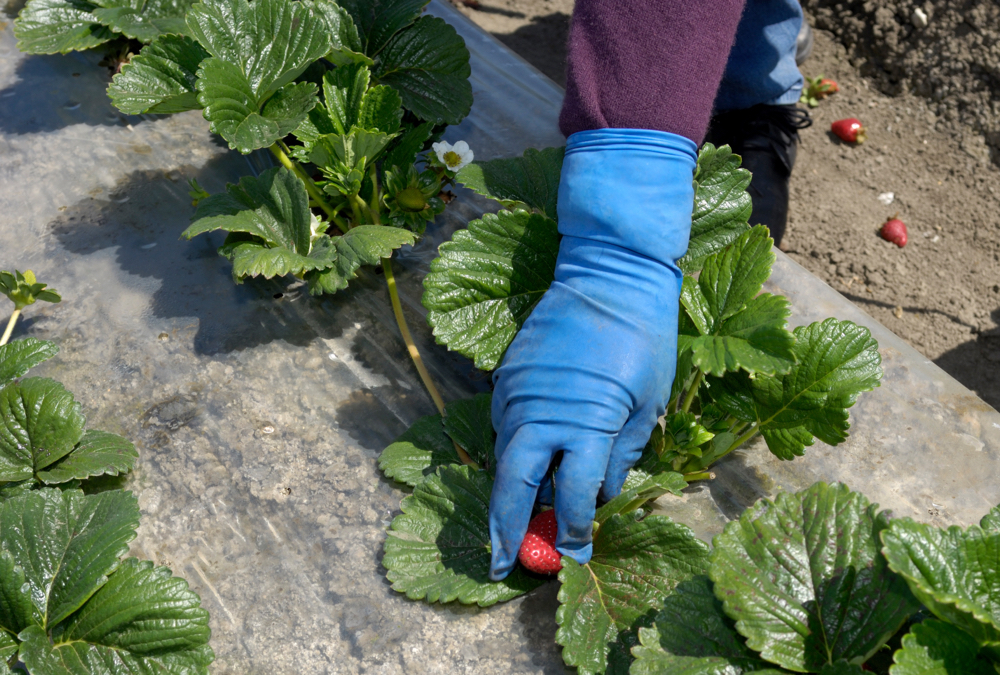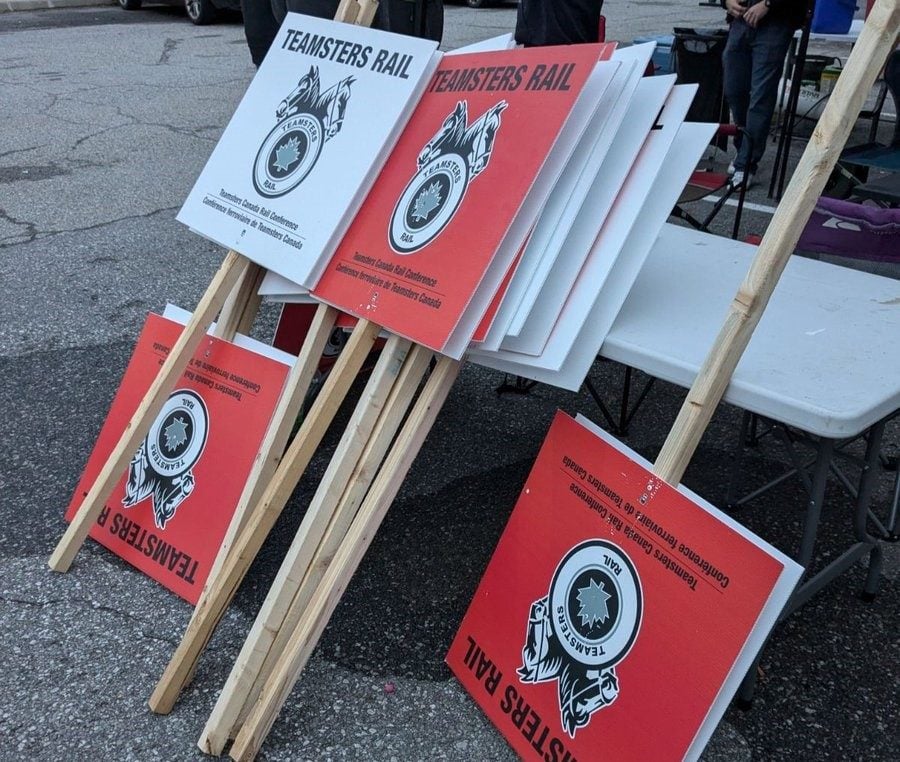Agriculture dodges temporary foreign worker clamp down

Agriculture and food processing will be exempt from federal measures to reduce hiring of temporary foreign workers (TFWs) in Canada, the federal government said today.
Earlier in August, employment minister Randy Boissonnault introduced stricter oversight in “high risk areas” when processing Labour Market Impact Assessments (LMIAs), used by employers to demonstrate that there is need for a foreign worker to fill a vacant position, rather than a Canadian worker or permanent resident. He also said the government’s 20 per cent cap policy for TFWs would be enforced.
Read Also


Canadian rail decision is a win for companies, union leader says
A decision obliging more than 9,000 Canadian rail workers to stay on the job is a win for the railways and could impact bargaining in other federally regulated sectors like aviation, the head of a Canadian rail workers’ union told Reuters.
He also warned business groups that he was considering refusing to process LMIAs in certain areas.
“The Temporary Foreign Worker program was designed to address labour market shortages when qualified Canadians were not able to fill those roles. Right now, we know that there are more Canadians qualified to fill open positions,” Boissonnault said in a recent news release.
On Aug. 26, he added that the federal government will refuse to process LMIAs in the low-wage stream if they come from areas with an unemployment rate of six per cent or higher.
Seasonal and non-seasonal jobs in the “food security sectors” of primary agriculture, food and fish processing will be exempt, as will construction and healthcare.
The same groups will be exempted from the rule that maxes out the number of low-wage TFWs to 10 per cent of an employer’s total workforce.
The maximum employment term for low-wage stream TFWs will be reduced to one year, from two.
The federal government will monitor labour market conditions and adjust the program “to ensure that only employers with demonstrable labour market needs” have access to TFWs, the same release said.
In the next 90 days, the government will also further review the program and decide if it will make changes to the high-wage stream.
Ag and TFWs
In an Aug. 9 emailed statement, a spokesperson for Boissonnault said that the federal government, “values the agriculture and agri-food sector for its crucial role in supporting our economy and food security and recognizes the vital role that temporary foreign workers play in the agriculture and food processing sectors in Canada.”
Agriculture also has its own dedicated streams by which to hire TFWs.
In 2022, the federal government loosened restrictions on TFWs to aid industries that were struggling to fill jobs.
According to analysis from CBC, LMIA approvals have ballooned since 2022. They sat between 125,000-133,000 from 2019 to 2021. In 2022, nearly 223,000 positions were approved to be filled by TFWs. In 2023, nearly 240,000 LMIAs were approved, according to a June 24 CBC report.
A significant portion of those roles were in the food service industry, behind industries like farm and greenhouse, CBC said, noting that, in 2018, 170 LMIAs for food counter attendants were approved compared to more than 8,300 last year.
Changes made to the low-wage stream earlier this month purported to clamp down on fraud within the TFW program.
When asked what kind of fraud was taking place, Boissonnault’s office pointed to a Dec. 9, 2022 news release regarding the conviction of a Saskatoon man who’d been helping foreign nationals submit fraudulent documents related to immigration applications.
On Aug. 6, CBC reported claims that bogus LMIAs were being sold for thousands of dollars.
Source: Farmtario.com

